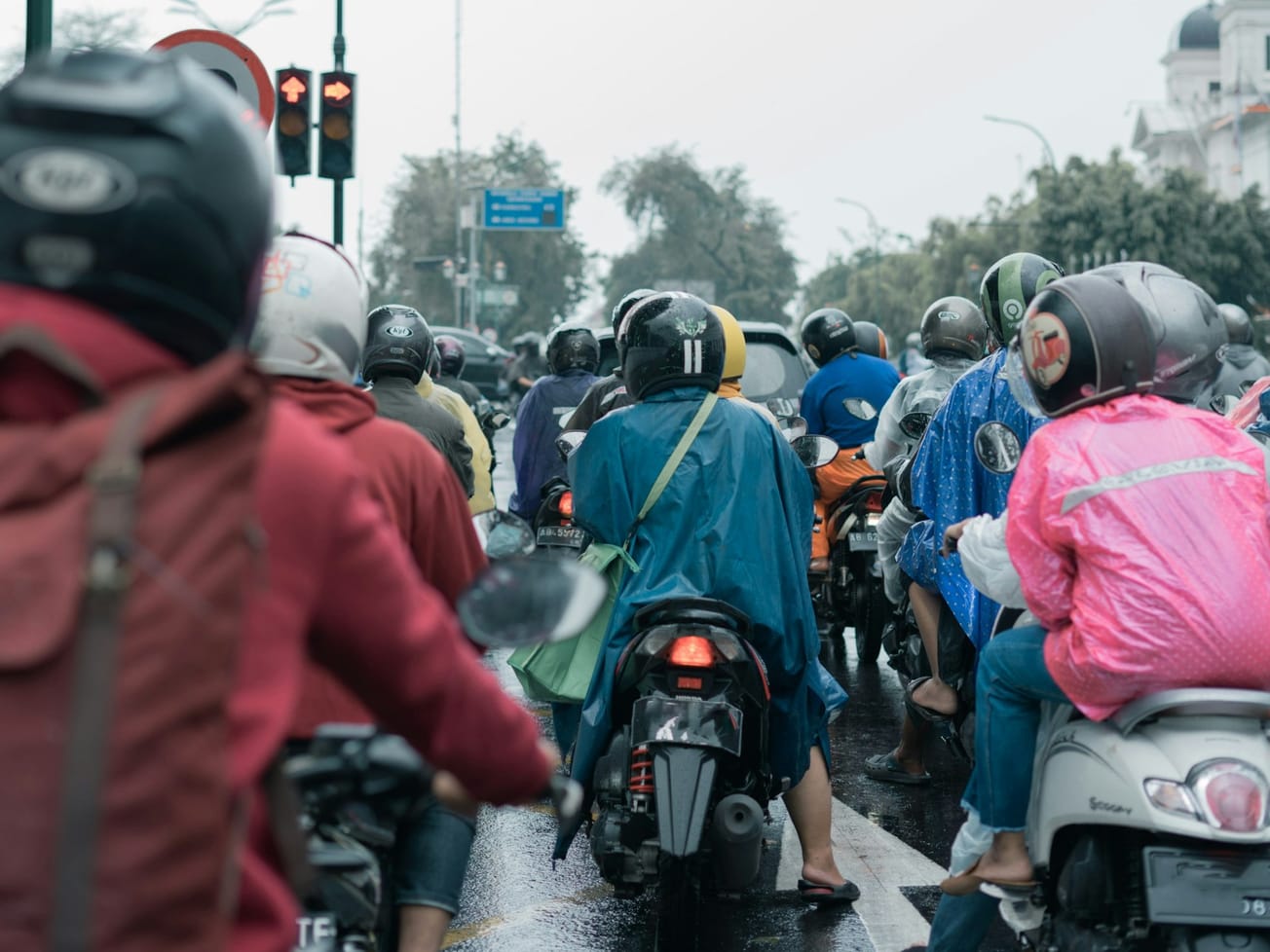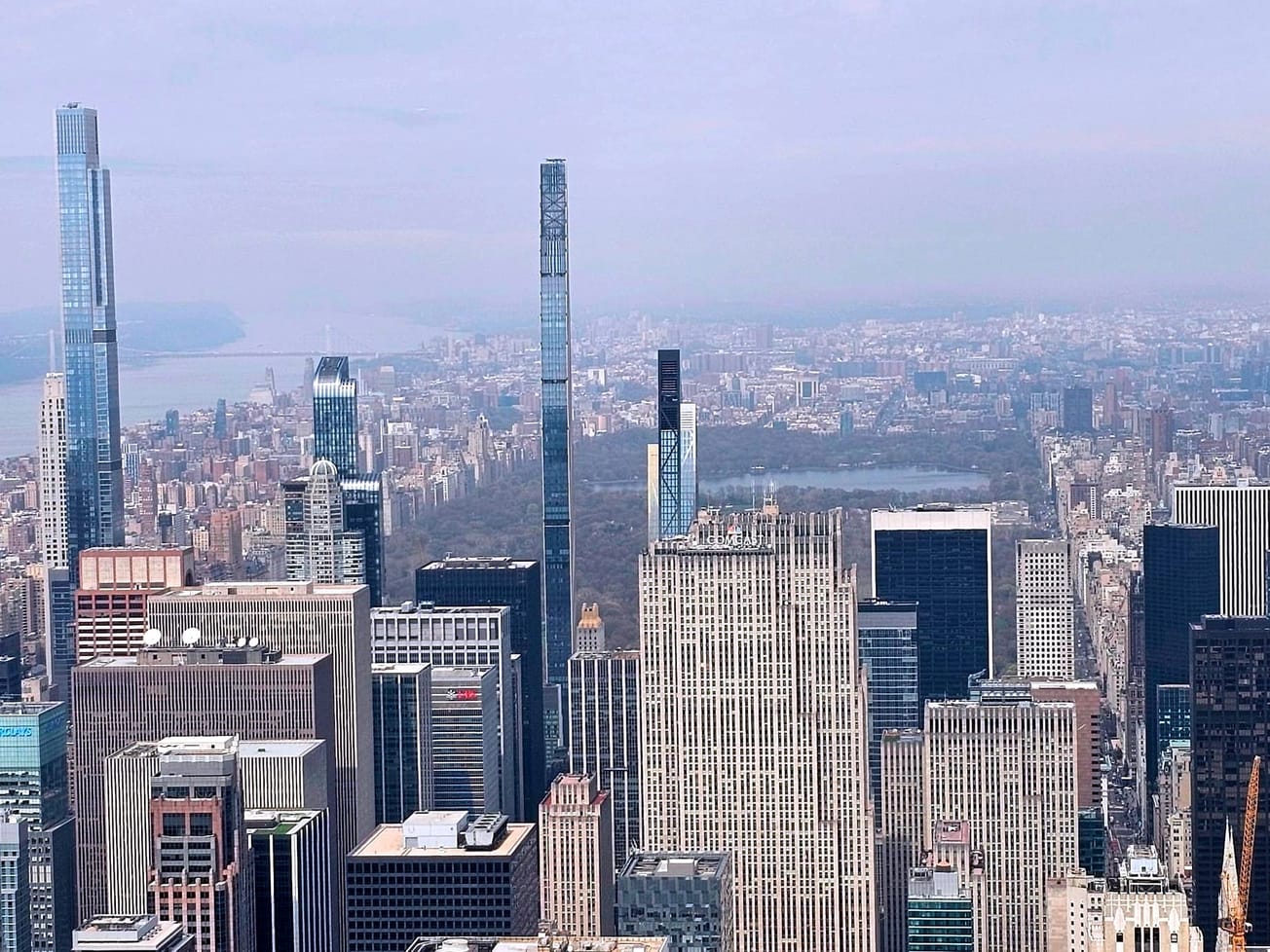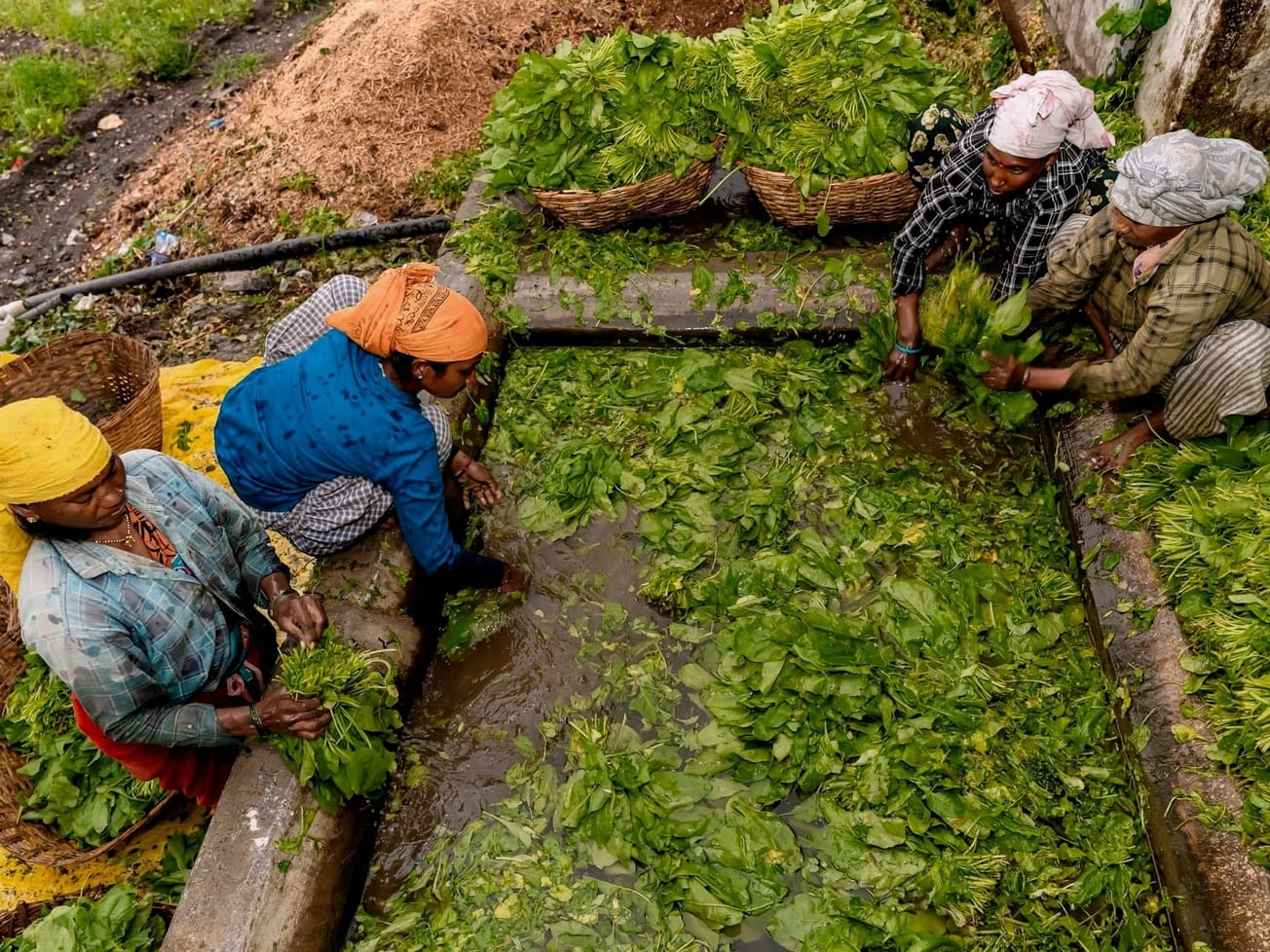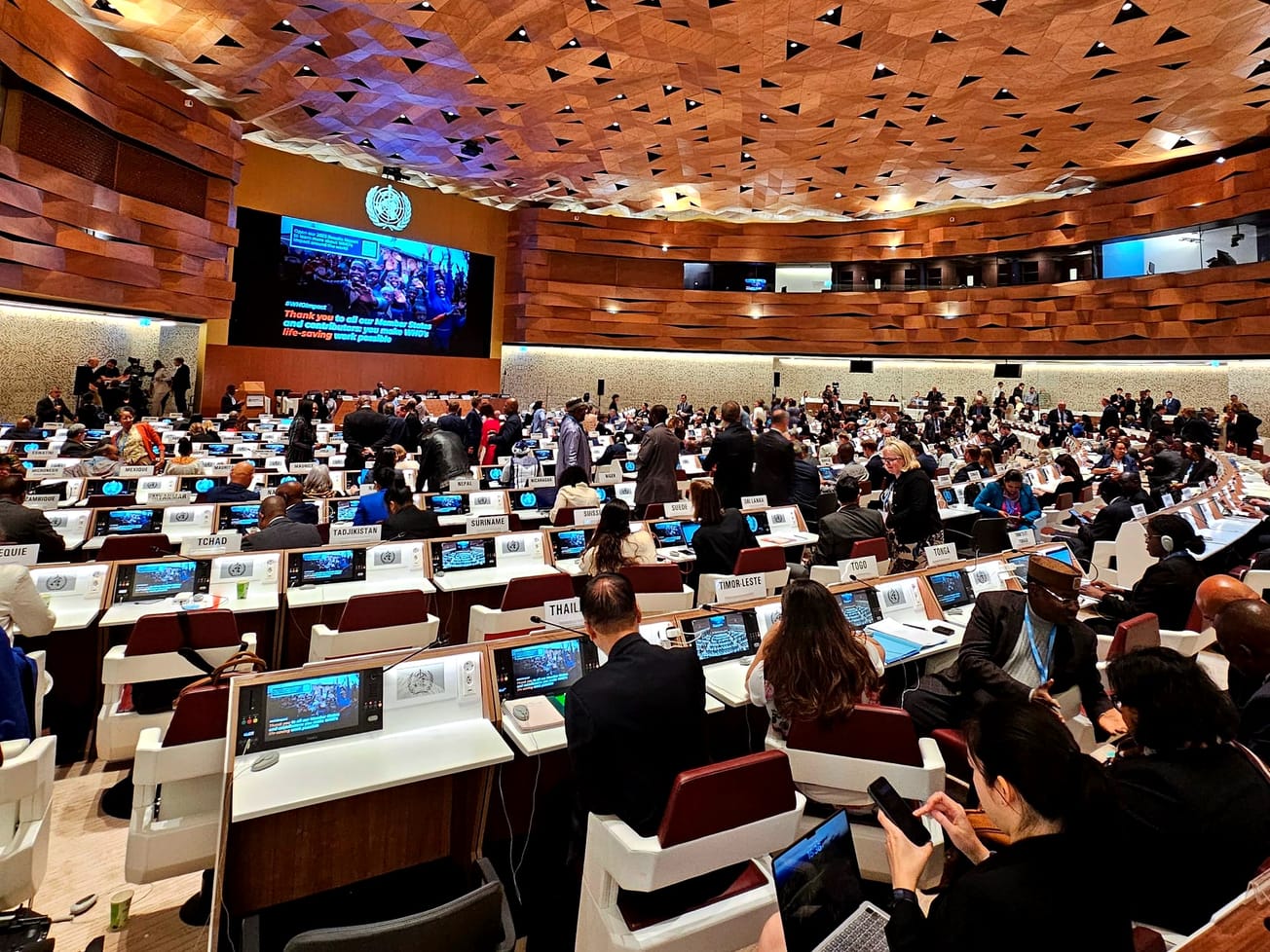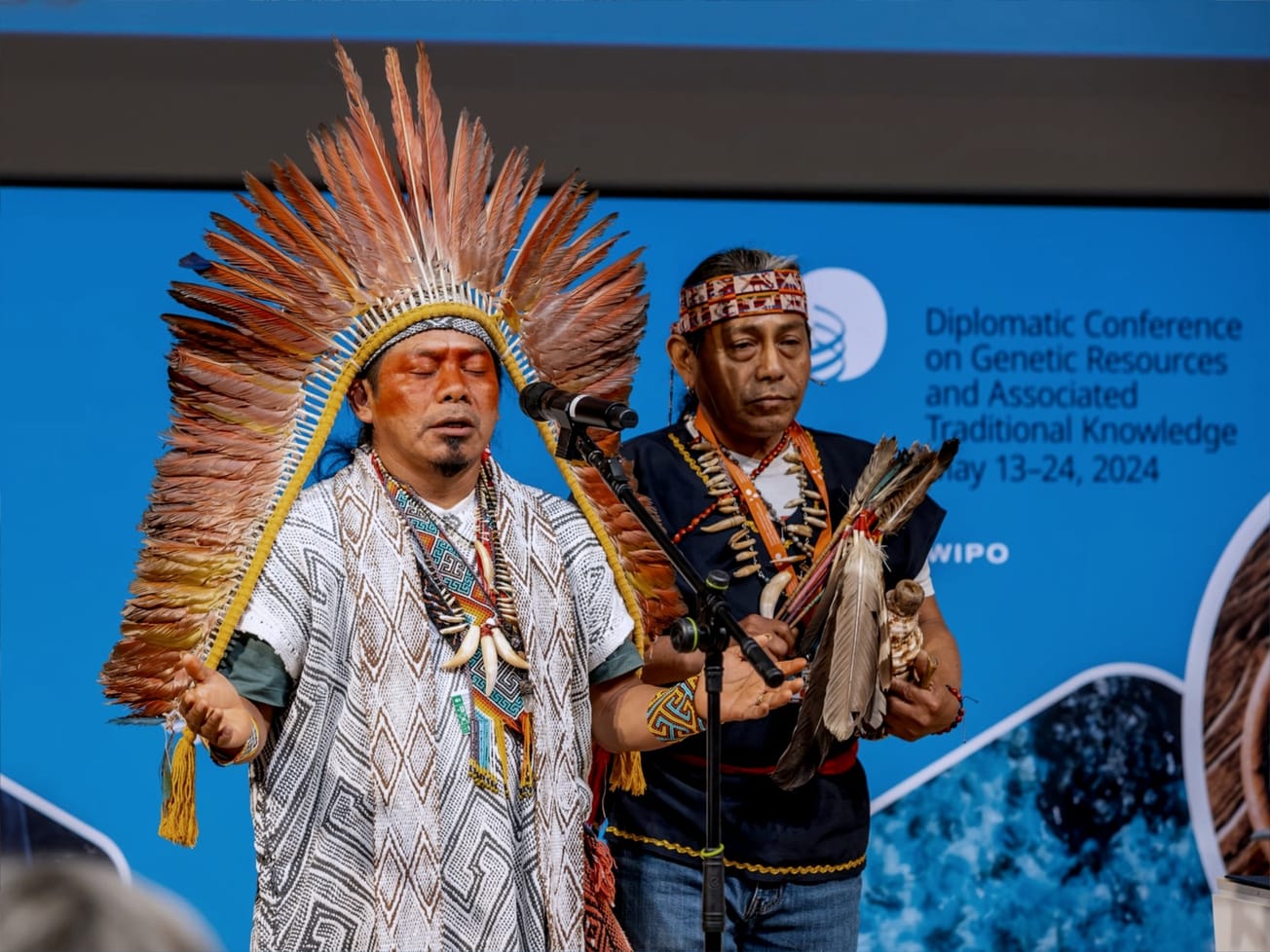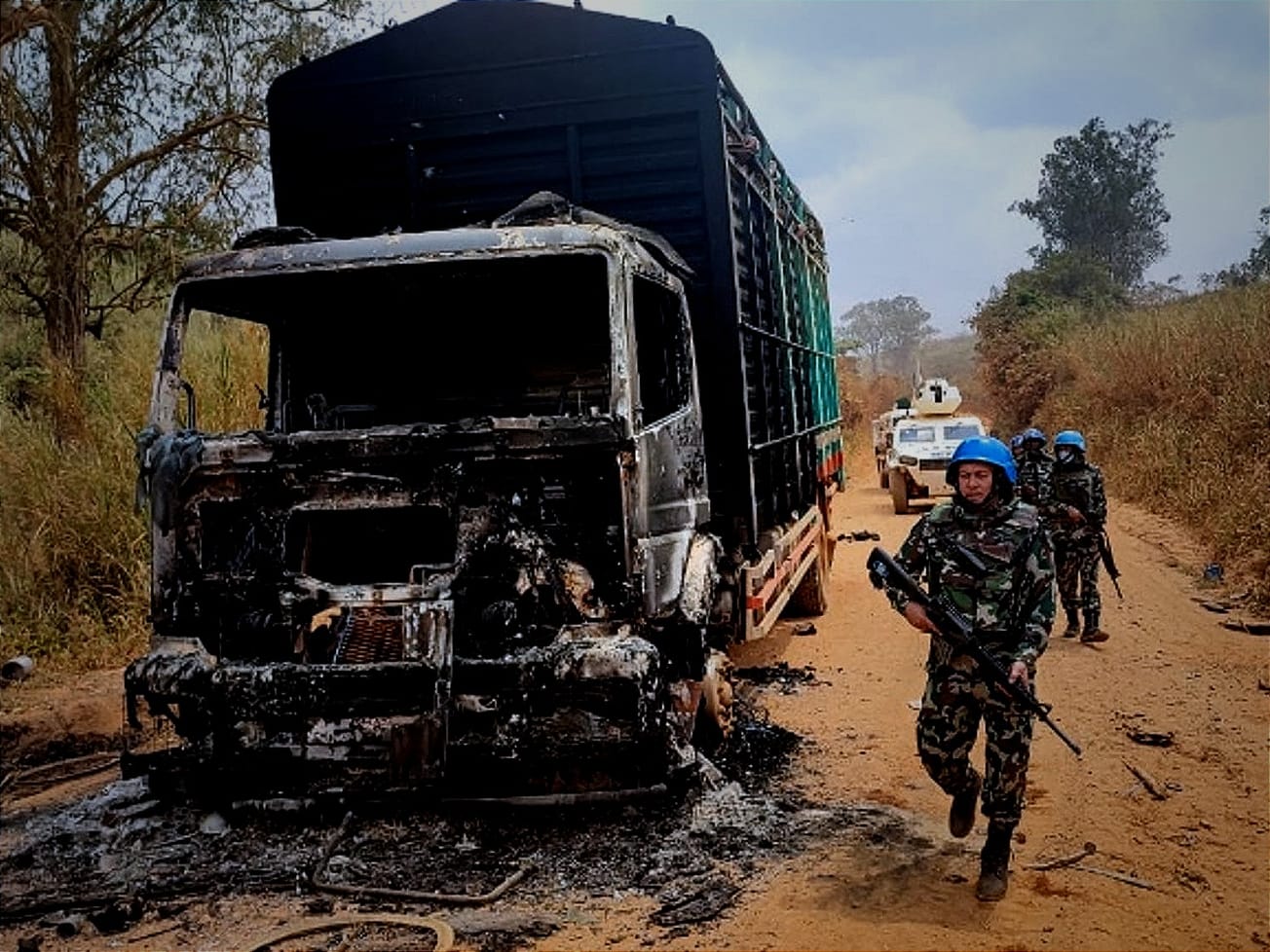
WMO sees 'vicious circle' of climate change, wildfires, and air pollution
People's health, nature and farmland all suffer from the spiraling negative impacts, says the U.N. health agency.
Global issues are complex challenges that require international cooperation, from mitigating climate change to addressing global poverty and geopolitical conflicts. Of the U.N.'s 169 targets for sustainable development, only 35% are on track or making moderate progress toward their 2030 deadline.

Already have an account? Log in
People's health, nature and farmland all suffer from the spiraling negative impacts, says the U.N. health agency.
The guidance comes weeks before the U.N. General Assembly takes up the issue of AMR at its high-level meeting this month.
More than a third of the funds will support aid efforts for people in Yemen ($20 million) and Ethiopia ($15 million).
With the Earth growing hotter and the oceans becoming warmer, rising sea levels threaten islands and coastal areas.
The International Labor Organization notes the post-pandemic job recovery for 15- to 24-year-olds is not universal.
The effects of climate change hit hard from the bombed streets of Gaza to the glitzy venues of the Paris Olympics.
The U.N.'s annual report card shows the Sustainable Development Goals improved from 85% off track last year.
A U.N. staff survey finds 80% of respondents believe harmful information endangers communities.
South Korea pushed to fight malicious cyber operations like those run by North Korea to fund its weapons program.
The U.N. refugee agency’s report documents lives upended by persecution, conflict, violence and human rights violations.
The U.N. chief urges a tax on fossil fuel profits and ban on fossil fuel ads amid new climate reports of breaching 1.5°.
Developing nations' 30% share of global public debt in 2023, particularly in Asia and Oceania, rose from 16% in 2010.
Unequal access to job opportunities, particularly for women in low-income countries, remains a problem.
The U.N. health chief called the pandemic treaty 'a once-in-a-generation opportunity' to improve global health systems.
The treaty is the first on genetic resources and traditional knowledge of Indigenous peoples and local communities.
The vote reflects the alarming number of attacks and threats that aid workers face each year around the world.



